Calls for Ukraine
Calls for Europe
Calls for USA
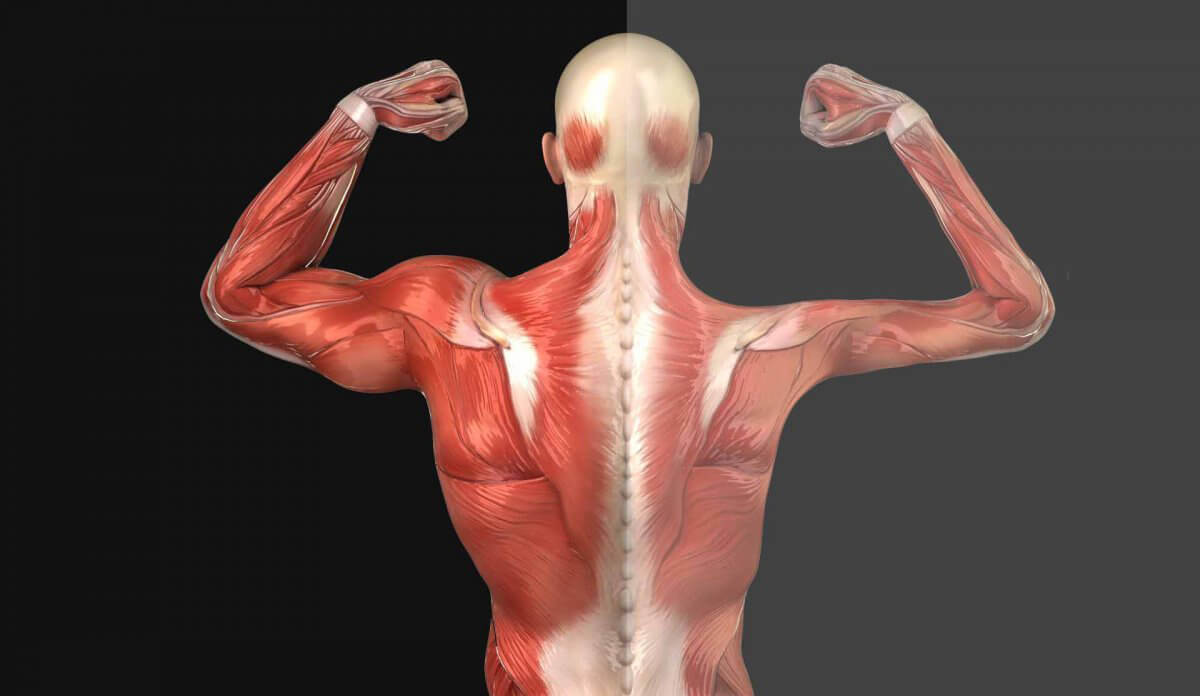
Muscular dystrophies or hereditary myopathies are a group of diseases characterized by progressive muscle dystrophy. This group includes fairly rare hereditary diseases that may appear at birth or develop with age.
Muscular dystrophies lead to defects in the development of the muscular apparatus, cause inflammation and necrosis of muscle tissues, and cause disability. Quite a lot of people with similar pathologies die at a young age, because these diseases are difficult to treat. However, today there are methods that can slow down the progression of these diseases, improve the patient’s well-being and prolong life.
This is a condition in which there is a gradual degeneration of the muscles. A person feels muscle weakness, which increases with time. This results in thinning of the muscles and replacement of muscle fibers with adipose and connective tissue.
Most often, dystrophy of the skeletal muscles occurs, less often the muscles of internal organs can be involved in the process.
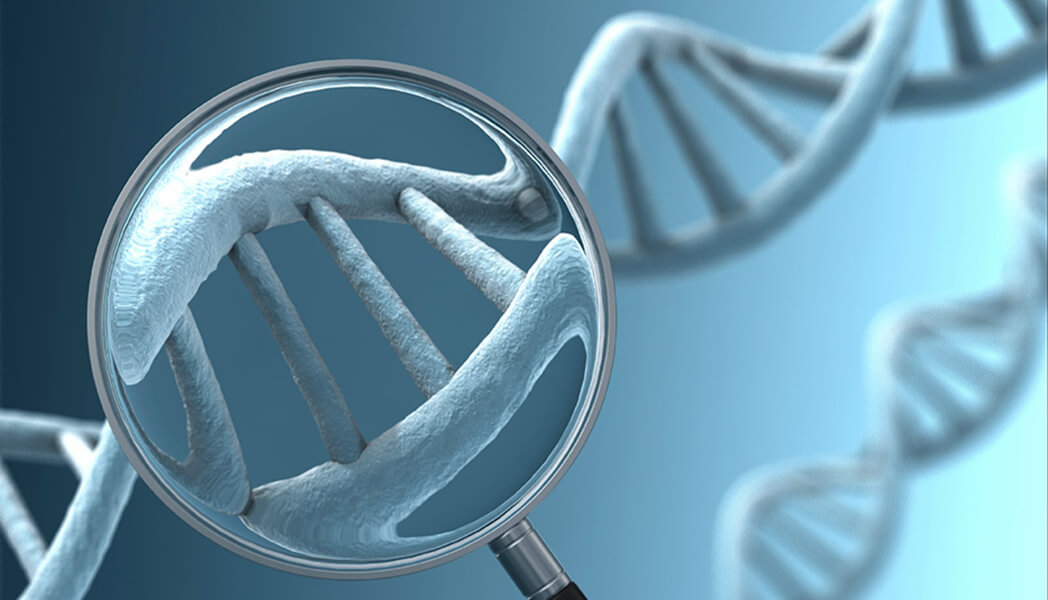
The cause of muscular dystrophies is mutations in the genes that are responsible for the synthesis of special muscle proteins. To date, more than 25 genes have been identified that are responsible for the occurrence of congenital myodystrophy.
There are more than 30 hereditary pathologies of this type. They arise with mutations in different genes, differ in their manifestations and characteristics of the course.
This is a severe and fairly common form of dystrophy. It develops only in boys. The cause is a mutation in the gene encoding the dystrophin protein. Usually, Duchenne muscular dystrophy is detected at the age of several years, when the child has problems with coordination of movements. Also, the disease can be accompanied by mental retardation. With the active development of the disease by adolescence, the child already needs a wheelchair.
Symptoms of facio-scapulo-humeral muscular dystrophy or Landouzy Dejerine myopathy also usually appear in childhood or before the age of 20 years. It can occur in both sexes. With this disease, the muscles of the face, arms, and shoulder girdle are affected. Patients may have problems with chewing, walking, swallowing disorders. In this case, the condition can periodically worsen and improve. Some patients with this diagnosis can live and work normally, while others quickly find themselves in a wheelchair.
Quite a rare pathology. It can be diagnosed in both children and adults in their 20s and 30s. The disease can affect not only the muscles of the skeletal muscles, but also negatively affect the functioning of the heart, gastrointestinal tract, and nervous system. Respiratory failure, mental retardation may occur.
The same gene is responsible for this pathology as for Duchenne dystrophy, but in this case, this gene has a different mutation. In terms of symptoms, this pathology is in many ways similar to Duchenne dystrophy, but it progresses more slowly and manifests itself weaker. It is also usually found in childhood and only affects boys.
The diagnosis is usually made at 10-20 years of age. The disease is found in both men and women. In this case, the muscles in the lumbar region, arms and legs are affected. Damage to the skeletal muscles over time can lead to a curvature of the spine, it becomes difficult for the patient to hold something in his hands, the mimic muscles of the face suffer. The disease can develop rather slowly.
With this form of pathology, not only skeletal muscles are affected. The work of the heart is often disrupted, which can provoke sudden death.
A fairly rare disease. Usually the disease is detected already in adulthood and progresses slowly. This allows patients to lead more or less normal lives and live to old age.
Symptoms of this pathology, as a rule, appear after 40 years. Its peculiarity is the defeat of the muscles of the pharynx, which leads to difficulties in swallowing. There is also weakness in the muscles of the eyes, it becomes difficult for a person to lift the eyelids. With progression, suffocation and spasms may appear.
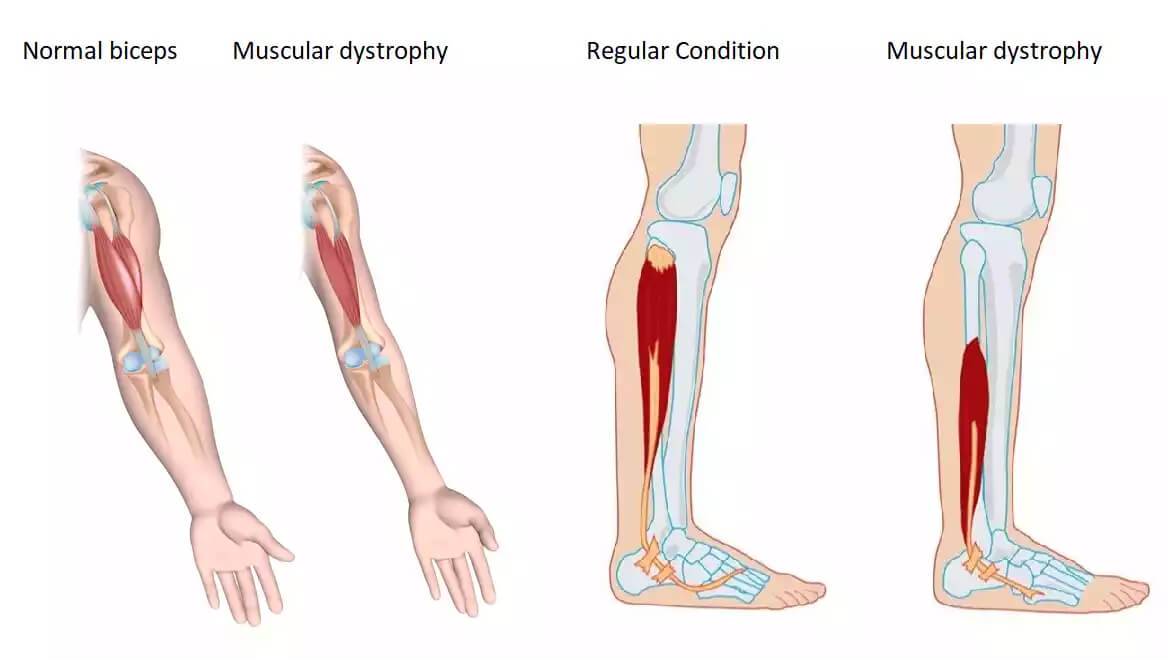
Symptoms of myopathy and the degree of their manifestation depend on the form of the disease. Common characteristic signs of muscular dystrophy include:
More serious and dangerous symptoms include:
Life expectancy depends on the specific type of myopathy. So, for example, with Duchenne dystrophy, the average life span is 30-35 years, with Erb-Roth dystrophy – more than 40 years, with distal dystrophy, people often live to old age.
Also, life expectancy depends on the characteristics of the course of the disease and on how effective the treatment will be.
MedTour will help you find a clinic that deals with myopathies and offers effective treatment. You have the opportunity to get to the best specialists in this medical field!
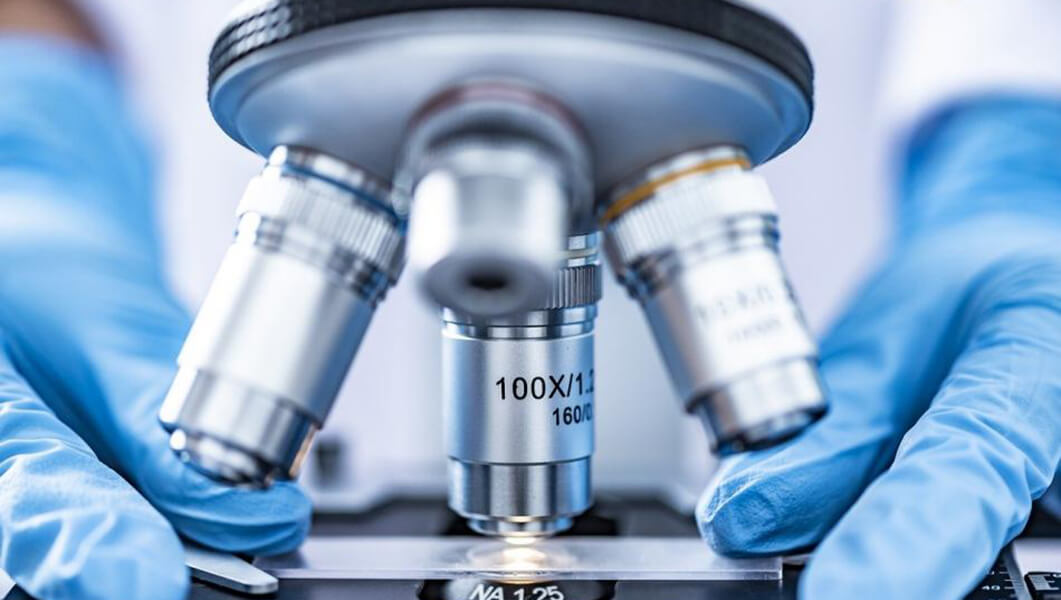
In order to make an accurate diagnosis, you need to contact a neurologist. A doctor will find out if there are signs of myopathy and prescribe an examination. Diagnosis usually includes:
A biopsy of muscle tissue is also done, which helps to determine the severity of the disease.
Traditional treatment is aimed at slowing down the degradation processes in the muscles. For this purpose, vitamins, anabolic agents, potassium preparations, vasoactive agents and other drugs can be prescribed.
Also recommended: physiotherapy, physiotherapy exercises, therapeutic massage, breathing exercises. Standard methods are not effective enough, so there is a constant search for more effective methods.
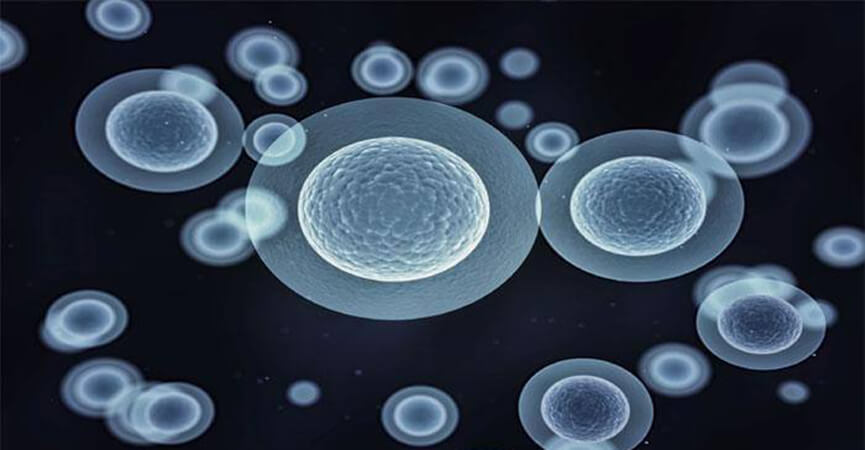
To date, the most effective treatment that promises good prospects is cell therapy.
In cell therapy, both stem cells from donors and one’s own stem cells can be used.
In myopathies, stem cells have a positive effect in several ways:
Studies have shown that in more than half of the cases of cell therapy for myopathies, muscle strength and motor skills improved significantly.
At the moment, the technique is still being researched and improved. However, even now it can improve the well-being of people with hereditary myopathies and improve their quality of life.
You have the opportunity to contact the best neurologists from around the world who specialize in myopathies, use the most advanced methods and demonstrate good therapy results. MedTour company will help you choose the best solution for your medical problem and take care of organizational issues.
You can get an online consultation about stem cell treatment from Andrey Kovalchuk, PhD, specialist in regenerative medicine, biotechnologist.
Please rate the work of MedTour
